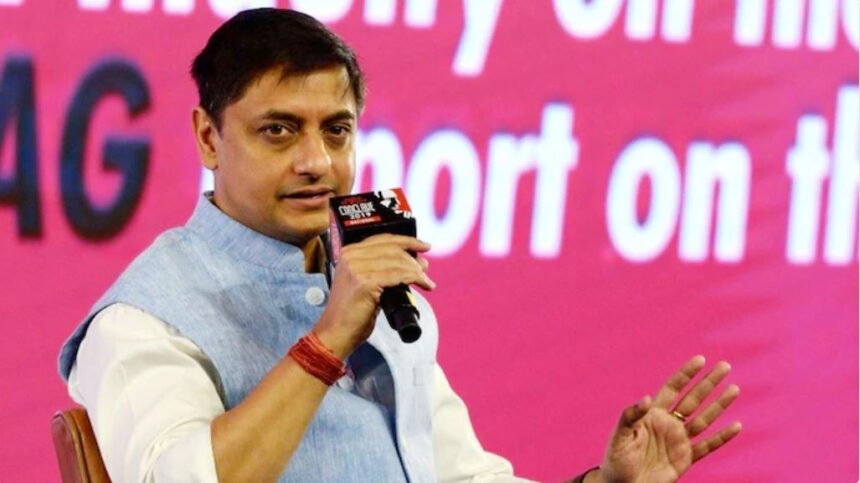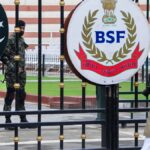Economist Sanjeev Sanyal has lauded Indian students at Harvard University for their bold stand against Pakistan-backed terror after the targeted killings of Hindus in Jammu and Kashmir’s Pahalgam on April 22. Sharing a letter written by Harvard Kennedy School students to university leadership, Sanyal called it a historic moment.
“First time, perhaps since the ‘Ghadar’ 100 years ago, seeing Indian students at an elite US university stand up for their country. Usually the attitude is either to meekly keep head low (majority) or actively join in India bashing (visible minority). Super proud of Surabhi and Abhishek,” Sanyal posted on X.
The letter, addressed to Harvard University President Alan Garber and other top officials, reads: “We, students at Harvard Kennedy School and members of the Harvard community, write with deep grief and urgency following the targeted terrorist attacks in Pahalgam, India on April 22, 2025.”
“These brutal assaults, carried out by terrorists linked to the banned Lashkar-e-Taiba (LeT), deliberately sought out Hindu tourists, verified their religion, and executed them. Several survivors have shared harrowing accounts of being questioned about their faith, and those unable to recite specific Islamic verses were killed. These acts of violence were not indiscriminate—they were calculated attacks based solely on religious identity.”
First time, perhaps since the “Ghadar” 100 years ago, seeing Indian students at an elite US university stand up for their country. Usually the attitude is either to meekly keep head low (majority) or actively join in India bashing (visible minority). Super proud of Surabhi and… https://t.co/xpwRudiUuw
The students further expressed alarm over the participation of senior Pakistani officials, including Finance Minister Muhammad Aurangzeb, in the upcoming Pakistan Conference 2025 at Harvard, writing: “Welcoming representatives of a government that not only denies accountability for but also ideologically supports such religion-based terrorism, risks Harvard being complicit in legitimising those who enable or justify these crimes.”
They called on Harvard to issue a public statement condemning the Pahalgam terror attacks, review Pakistani officials’ participation in light of their government’s ideological support for LeT, provide institutional support for affected Hindu and Indian students through the Office for Equity, Diversity, Inclusion, and Belonging. “This is not about political posturing. It is about moral clarity,” they stated. “Harvard must ensure its campus does not become a platform for whitewashing state-enabled religious terrorism.”
In a separate letter addressed to US Secretary of State Marco Rubio, the students urged the US government to revoke the visas of Pakistani delegates attending the conference. They wrote: “This was not an indiscriminate act of violence — it was a faith-based massacre.”
Referring to Pakistan’s official response, they said: “On April 25, Pakistan’s Senate passed a resolution denying involvement in the attack, while explicitly reaffirming Pakistan’s ‘unwavering commitment’ to Kashmir’s ‘freedom struggle’—language long used to justify terrorist violence. Deputy Prime Minister Ishaq Dar also warned of a ‘tit-for-tat kinetic response’ should India retaliate.”
The students urged Rubio to act, stating, “The United States must not host representatives of a state that protects and promotes organizations targeting civilians based on faith.”
Signatories to both letters — Surabhi Tomar and Abhishek Chaudhari — are mid-career master’s candidates at Harvard Kennedy School and fellows in the Edward S. Mason Program in Public Policy and Management.








